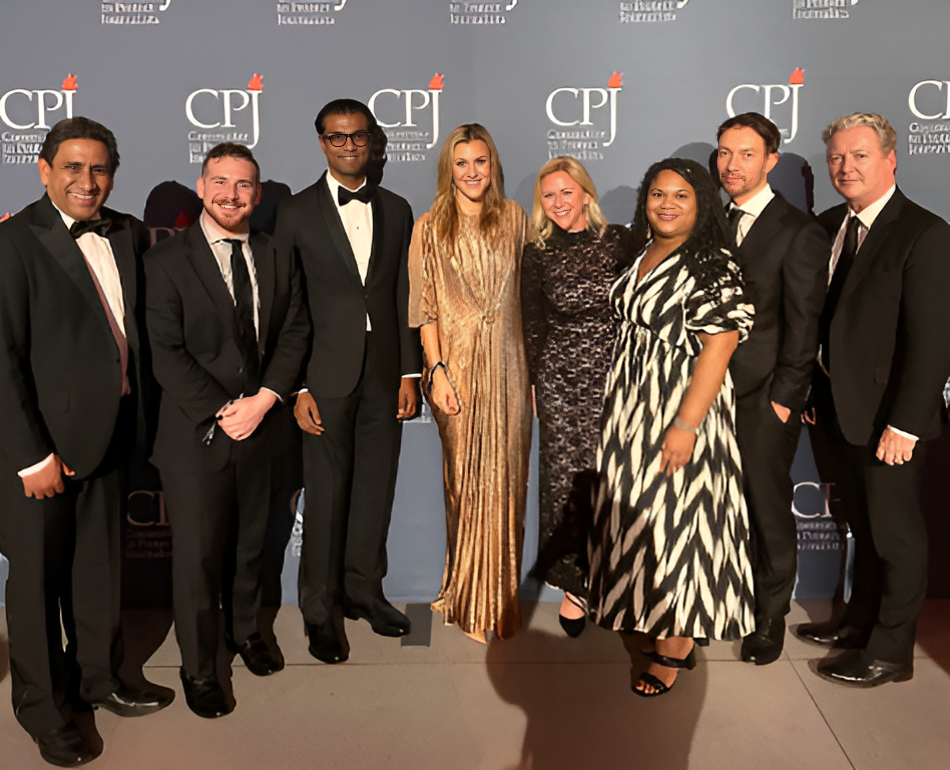Ex-CIA Official Sue Mi Terry Charged with Acting as South Korean Agent
- Aaliyah
- Jul 17, 2024
- 3 min read
WASHINGTON, D.C. — Sue Mi Terry, a former high-ranking official at the CIA and National Security Council, has been charged by the U.S. Justice Department with secretly serving as an agent for South Korea's intelligence agency. The indictment details a series of allegations that have shocked both the intelligence community and the public, as Terry is accused of using her position to benefit a foreign power.
Allegations and Charges
The indictment, filed in federal court in Manhattan, outlines several serious accusations against Terry. According to the charges, Terry received various luxury items, including high-end handbags, and enjoyed expensive dining experiences in exchange for advancing South Korean government positions during her media appearances. She is also accused of sharing sensitive, nonpublic information with South Korean intelligence officers and facilitating access for South Korean officials to U.S. government representatives.

One particularly alarming allegation is that Terry admitted to the FBI that she served as a source for South Korean intelligence by passing handwritten notes from a confidential meeting with Secretary of State Antony Blinken in June 2022. The meeting, which focused on U.S. policy towards North Korea, was off-the-record and intended to remain confidential.
Covert Payments and Financial Transactions
Prosecutors claim that South Korean intelligence agents covertly paid Terry more than $37,000 for managing a public policy program related to Korean affairs. This financial transaction is part of the broader investigation into her alleged covert activities. The indictment suggests that the misconduct occurred after Terry left her government roles and worked in think tanks, where she gained prominence as a public policy expert.
Defense and Reaction
Lee Wolosky, Terry's attorney, has strongly disputed the charges. In a statement, Wolosky described the allegations as “unfounded” and accused the government of distorting Terry’s work. He emphasized that Terry had not held a security clearance for over a decade and argued that her views on South Korean policies had been consistently critical, contrary to the allegations.
Wolosky further asserted that once the facts are fully examined, it will be evident that the charges are a significant mistake. “In fact, she was a harsh critic of the South Korean government during times this indictment alleges that she was acting on its behalf,” he said.
Background and Career
Sue Mi Terry served in the U.S. government from 2001 to 2011, initially as a CIA analyst and later as the deputy national intelligence officer for East Asia at the National Intelligence Council. After leaving government service, she transitioned to roles in think tanks, including the Council on Foreign Relations, where she became a notable voice on foreign policy matters.
Prosecutors highlight that Terry did not register with the Justice Department as a foreign agent, a requirement for individuals engaging in activities on behalf of foreign governments. Her failure to disclose her alleged covert work while testifying before Congress is also a significant point of contention. According to the indictment, this lack of disclosure prevented Congress from fully evaluating her testimony in the context of her alleged activities.
Implications and Next Steps
The case against Terry raises important questions about the intersection of public service and private interests, particularly regarding individuals who have access to sensitive information. The charges underscore the challenges of safeguarding national security in an era of increased global interconnectedness and espionage.
As the legal process unfolds, it will be crucial to monitor how this case impacts the broader discourse on intelligence and foreign influence. The outcome of the investigation and subsequent legal proceedings will likely have significant implications for how former officials are scrutinized and held accountable for their actions after leaving government service.
The investigation is ongoing, and the full extent of Terry’s alleged activities and their impact on U.S.-South Korean relations will become clearer as more information emerges. In the meantime, the case continues to attract significant attention from both national and international observers, underscoring the high stakes involved in issues of national security and foreign influence.



Comments